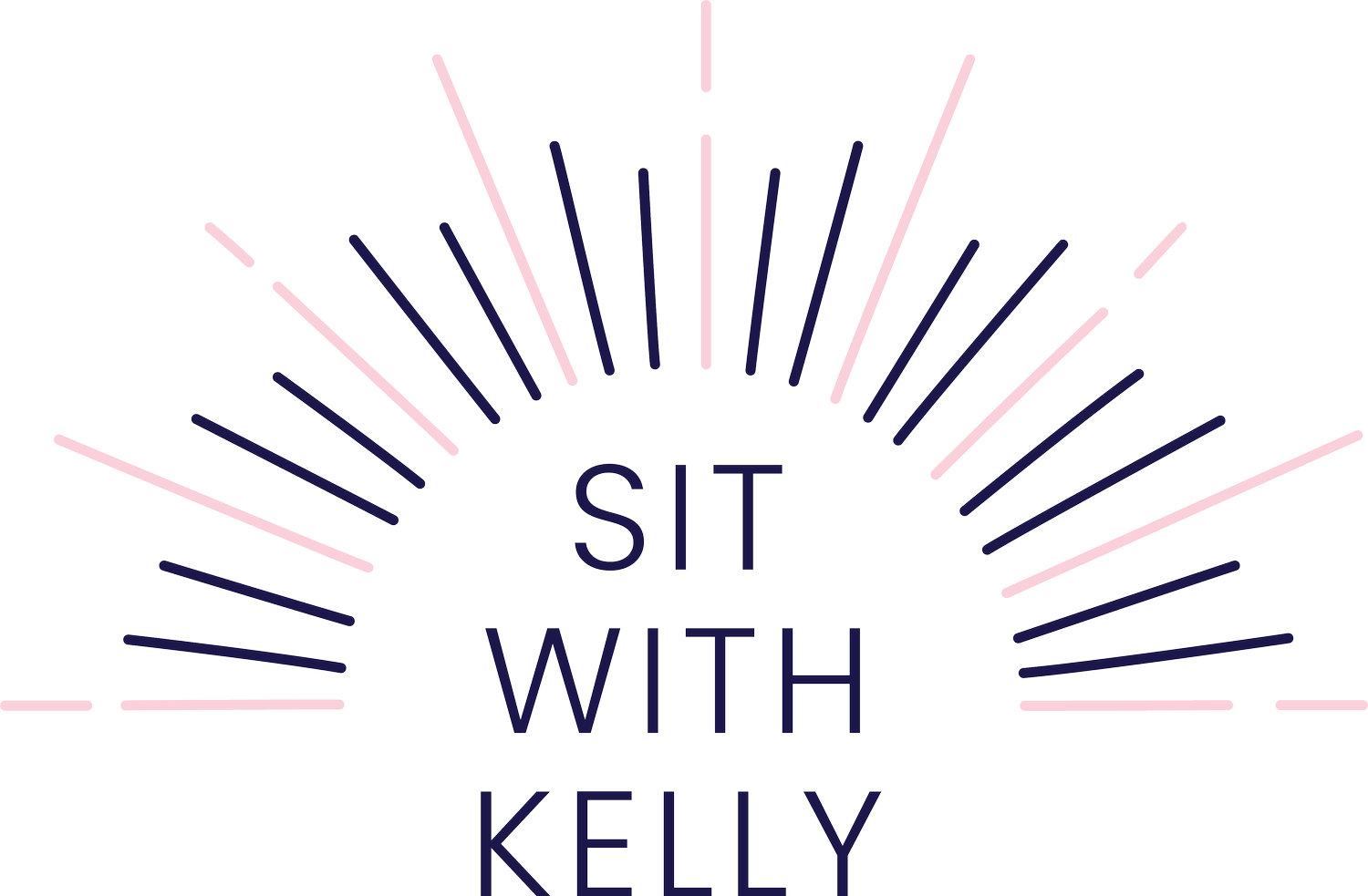How To Beat Work Anxiety And Keep Your Weekends Stress-Free
We all know the feeling: it's Friday afternoon, and you're counting the minutes until the clock strikes five. But as soon as you walk out the door, the weight of next week already hits you. Suddenly, your two days off already feel a lot less relaxing.
Between long working hours, looming deadlines, and all the work politics and gossip, there are almost as many anxiety triggers as tasks on our to-do lists. It's no wonder that work anxiety has become an all too familiar feeling for many of us. But it doesn't have to be one we experience on our precious time off.
So what can you do to reclaim your weekends from work anxiety? Let's explore a few key tactics.
Plan For & Focus on What You Can Control
One essential step in dealing with work anxiety is to take a step back and identify the aspects of your work life that are causing you stress. Once you've identified them, you can start to take steps to change them.
There may be multiple triggers, so start with what's weighing the heaviest on your mind. For example, if you're worried about completing a work project on time, try to break it down into smaller pieces - not just in your head but in your calendar - so it's more manageable.
Or, if you generally feel overwhelmed by your to-do list, take some time before you wrap up each Friday to relax and plan out next week so you know what needs to be done and when.
Make Time for Fun & Self-Care
As you would with work tasks, schedule some time for self-care, relaxation, and fun on the weekends. When you have a few ideas for what you want and need to do, it's easier to enjoy your free time because you minimize last-minute overthinking and indecisiveness.
Work is important, but it shouldn't consume your entire life. So take some time before the weekend starts to make a plan - nothing too rigid - of how you will spend your time so you can maximize it.
Try to Be Present
You are worthy of enjoying every present moment of your time off, so work on grounding yourself there. Kick off your work flats and stay a while because when you're constantly worrying about what needs to be done next, it's tough to relax and enjoy your free time.
This is one reason why it's so important to engage in things that bring you joy or peace – it's easier to stay present and take your mind off work-related worries.
Whenever your mind starts racing ahead, take a deep breath and remind yourself that there's nothing you can do about work right now. Focus on what you can control, and let go of the rest.
Don't Answer Emails on the Weekend
If you're constantly checking your work email over the weekend, you're allowing work to contaminate it. You're not giving yourself the true break you need and deserve.
In addition to inviting stress into your weekend, answering emails on the weekend also means you'll have to play catch-up on Monday morning.
Before you shut down for the weekend, set up an automatic email response letting people know you're out of the office. Start your week refreshed and rested, without a backlog of emails and perpetuating anxiety to deal with.
Release Your Thoughts (Write Them Down or Talk Them Out)
Talking about your work anxiety with someone who will understand and support you - such as a colleague - can be incredibly helpful.
Expressing your thoughts and feelings is the first step in processing them and developing a plan for dealing with them. Writing them down - such as in a journal - can also give you a place to vent your frustrations and track your progress as you overcome your anxiety.
If your work anxiety continues to impact your ability to enjoy most weekends, it may be time to seek professional help. A therapist or counselor can provide tools and resources to deal with your anxiety and help you get back to enjoying your life outside work!
Remember: this post is for informational purposes only and may not be the best fit for you and your personal situation. It shall not be construed as legal, financial, or medical advice. The information and education provided here is not intended or implied to supplement or replace professional advice of your own attorney, accountant, physician, or financial advisor. Always check with your own physician, attorney, financial advisor, accountant, or other business or medical professional before trying or implementing any information read here.


